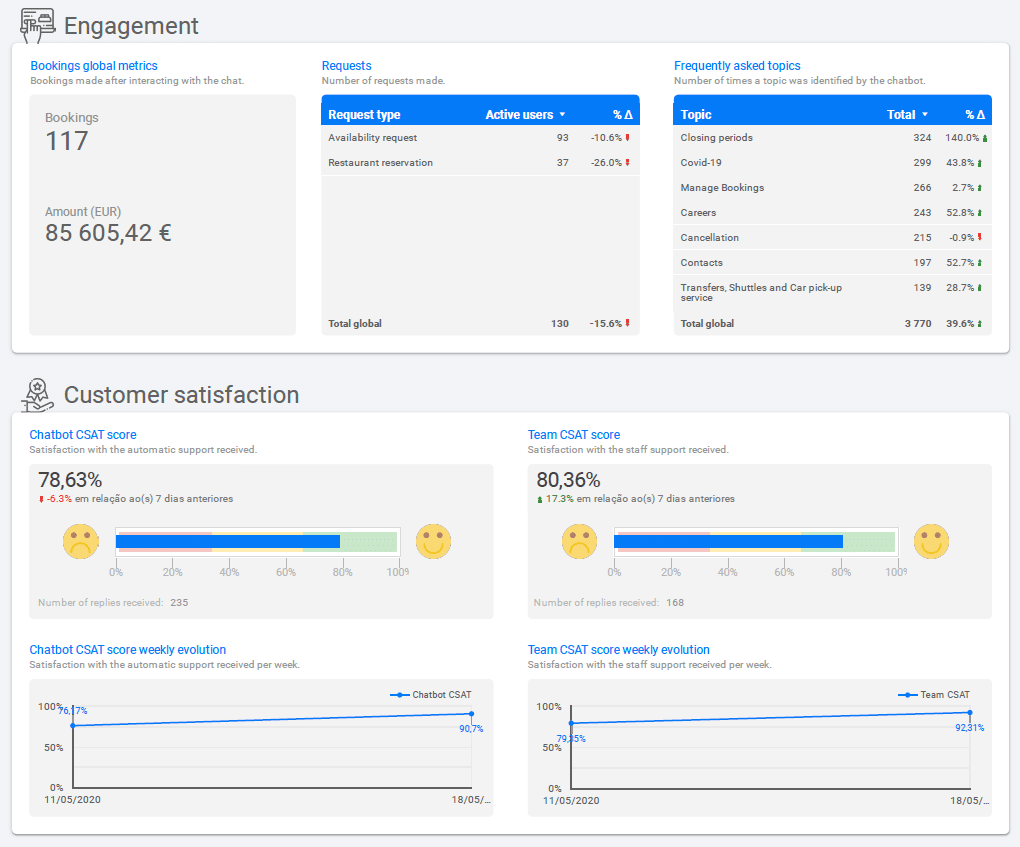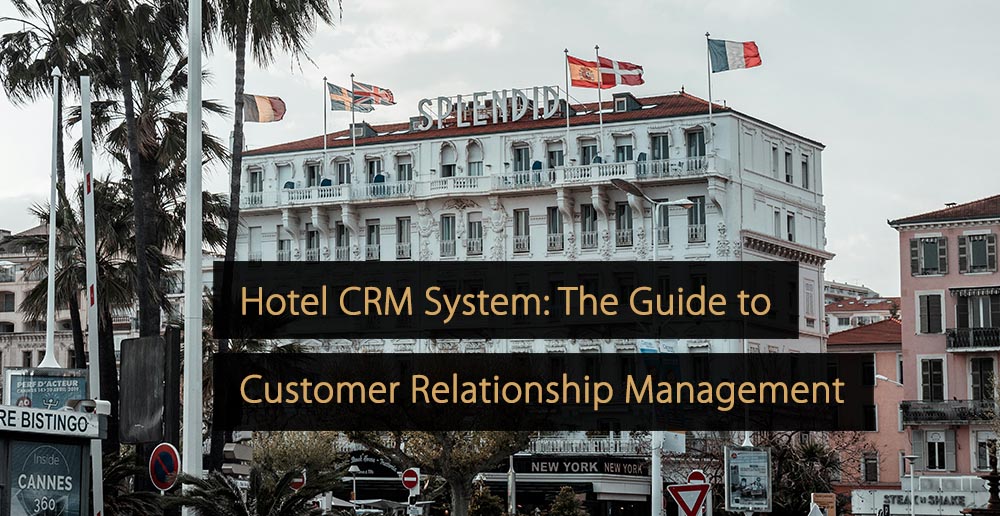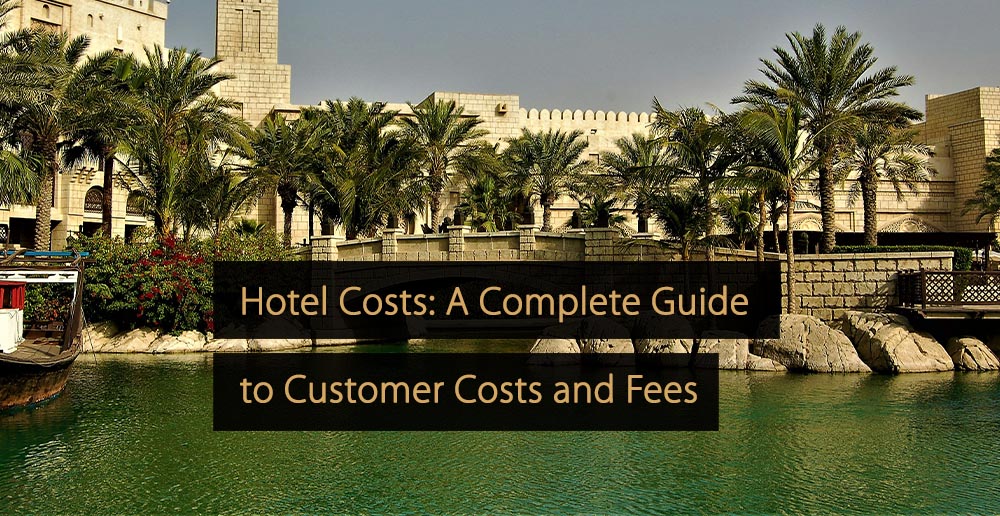Nowadays, hoteliers can not only rely on their hotels’ amenities, looks, or standardized services; they need to offer more. Happy customers are the key to success in the hotel business. Customer satisfaction is increasingly important, and knowing your guests’ needs has become a must for hoteliers. So hoteliers should make efforts to distinguish themselves from the competition.
3 Tips to Improve Your Hotel’s Customer Care
Below you will find three useful tips that will help you to improve your hotel’s customer care.
1. Provide a Tailored Exclusive Experience
Terms like “Up-selling” or “Cross-selling” are trendy these days, but what do they mean, and how can we take advantage of them?
“Up-selling” or “Cross-selling” strategies will improve your customer satisfaction rate just by doing simple and subtle things like selling a more expensive version of the service your customer is buying (up-selling) or selling an additional service to complement what your customer is buying (cross-selling). Many may already know their meaning, but just a few know how to use these tools to boost their hotel’s success. It will make a difference for your Hotel’s guests if done correctly.
To not force any situation that may damage the Hotel’s image, you should be careful and do one thing perfectly over anything else: Know Your Client. Profiling guests is the best way to get to know your customer, their preferences, and potential specific needs. Getting to know all of this information pre-arrival or at the check-in is crucial if you want to offer your customer upgrades or extra services and score a bull’s eye by doing it.
Yet, hoteliers have a lot of different guests, and sometimes it can get tricky to keep track of every client’s needs without any help. There are several options in the market to help you to take track of each customer’s needs, helping you to manage your property, reservations, and customers’ experience. This kind of software will allow you to offer an exclusive, tailored service to each guest, maximizing your guests’ experience.
Gathering the correct data and knowing how and when to use this information will determine your success in giving an outstanding service. Offering a room upgrade on a birthday, a spa service for someone coming from abroad, or inducing them to some leisure activities in the city based on their taste. There are millions of possibilities to explore and try. Your guests will appreciate it.
2. Use the Benefits of Technology
The hospitality industry is no exception; Technology and Artificial Intelligence are shaping the future of customer care, from PMSs, booking engines, and software that allow you to keep track of guests’ preferences to chatbots that help you handle your queries better and faster. They all can help to reduce costs while enhancing the customer experience.
It is proven by several studies that customers don’t pay that much attention to who or what is helping them, so it is a robot or a real human. Clients seem happy with the results as long as the reply is efficient and helpful. This is amazing news since chatbots allow hoteliers 24/7 customer care, mainly covering when your human agents aren’t available. They have proven to be very useful in responding to queries that involve predefined questions and tasks. Still, it is important to remember that the main goal is to provide the best customer care possible. You shouldn’t replace all human interaction with customer care. Instead, it is suggested that you use chatbots to create a more immersive experience by blending artificial intelligence with human wisdom. For example, switch to human agents whenever the conversation gets complex or deeper.
A global survey from MIT shows that between 25% to 50% of all customer, queries are now completely handled and solved through automated channels, like HiJiffy’s communication platform. This trend is expected to grow; any hotelier shouldn’t miss it.
3. Measure Customer Care
As in any other industry, having the correct metrics is crucial to keep improving your customer satisfaction. The question is, how do you know you are collecting the right data? And how do you correctly interpret the data? Below are three ways to check if you are doing it right.
Extra money spent
When customers are happy with your service, they will likely spend more money and accept previously mentioned up-sells and cross-sells. Keeping track of how often this happens and the amounts extra spent is a good indicator of customer satisfaction, and will let you know if there is anything to improve.
Customer engagement level
The communication level between guests and the hotel is an important indicator for determining engagement and customer interest levels. It’s essential to reply to every comment, question, or review, regardless of the communication platform. If you can manage your communications from one platform, you will nail your customer care.
Word-of-mouth
There is nothing more valuable than a recommendation from someone you trust. That is why keeping track of those past clients that provide word-of-mouth referrals is very important. Referrals could be turned into a gold mine if done well. Make sure to ask your guest who referred them to your hotel, keep track of these people and reward them accordingly.
Putting everything in perspective is about listening to your customers, understanding their potential needs, and providing them with tailored treatment. By gathering data and implementing these strategies, you can take your hotel to the next stage and leave competitors behind. It is about improving customer satisfaction to increase customer loyalty towards your hotel.
More Tips to Grow Your Business
Revfine.com is the leading knowledge platform for the hospitality and travel industry. Professionals use our insights, strategies, and actionable tips to get inspired, optimize revenue, innovate processes, and improve customer experience.Explore expert advice on management, marketing, revenue management, operations, software, and technology in our dedicated Hotel, Hospitality, and Travel & Tourism categories.









Great tips. I am running a hotel business for more than ten years and I am struggling to keep track of my customers and understand their needs. I must try out the best customer care tracking software available in the market. It is interesting to know about Chatbots used for offering exceptional customer experience in the hotel industry.